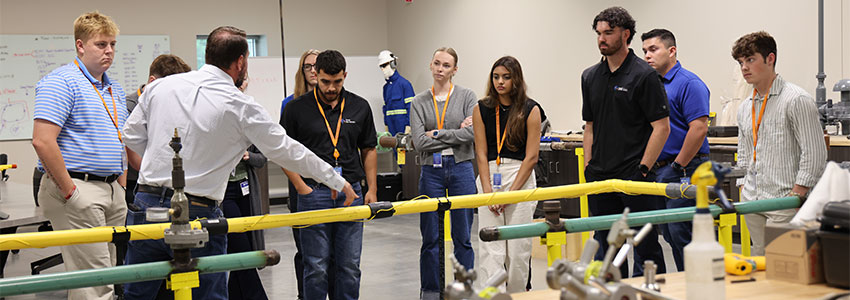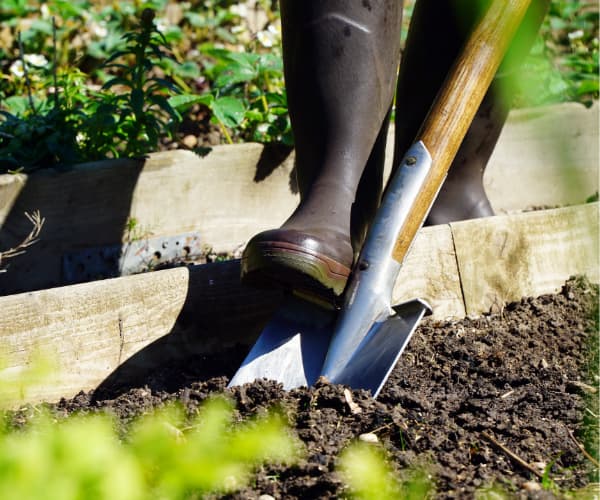With severe winter weather predicted across Oklahoma, Kansas and Texas this week, we wanted to answer your questions about what we’ve done to prepare for the next Arctic blast.
What are you doing differently to prepare for winter weather this year?
Traditionally, our team works throughout the year to buy natural gas supply and ensure storage is adequate ahead of “peak days” (days when the natural gas system might see a lot of demand). In fact, our gas supply team puts together and shares a plan every year with our regulators to let them know how we’re preparing.
As you remember from last year’s Winter Storm Uri, we saw unprecedented cold weather days and an extended freeze (high temperatures in the single digits) for several days. As a result of that experience, our team adjusted our annual plan and proactively took additional measures to further help our company be prepared for future severe weather events.
Increased Natural Gas Storage
We’ve increased our natural gas storage capacity. This means we have access to more gas in storage at more reliable and stable prices ahead of winter weather events.
Upgraded Natural Gas Pipelines
We upgraded our pipeline infrastructure. During Winter Storm Uri, some areas experienced low pressure of gas. These updates to our system will enable even more reliable gas flow across the state.
Deploying Mobile Compressed Natural Gas
We are ready to deploy compressed natural gas (or CNG) units as needed. In the event areas experience any low pressure during winter weather in the future, our team is ready to dispatch CNG trailers to minimize any service disruptions.
Winter Weather Tips
As a reminder, here are some helpful tips on what you can do to prepare for winter weather.
- Have a qualified contractor inspect your heating and cooling equipment annually.
- Replace or clean your heater’s air filters.
- Seal off unused rooms to prevent unnecessary heating.
- Set the temperature on your water heater to 120 degrees F or the “warm” setting.
- Apply weatherstripping and caulk to seal gaps and cracks around windows and doors to stop air leaks and prevent energy loss.
Have any questions or feedback?





